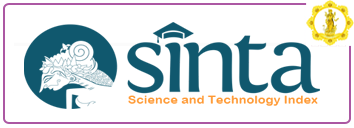Meningkatkan Literasi Digital Melalui Pengintegrasian Pembelajaran Bahasa Bali: Tinjauan Persepsi Siswa di Sekolah Dasar No. 6 Kuta
DOI:
https://doi.org/10.25078/ds.v4i2.3628Keywords:
Digital Literacy, Balinese Language, Educational IntegrationAbstract
This study examines the integration of Balinese language teaching with digital literacy at Elementary School No. 6 Kuta, employing a qualitative descriptive method. Drawing from the perspectives of students, the research explores how the incorporation of local language education in digital learning environments can enhance cultural understanding and technological skills. Theoretical frameworks by Sugiyono (2012) and Gee (2004) guided the investigation, focusing on naturalistic observation and the critical role of local language in literacy development. Data collection methods included classroom observations, semi-structured interviews, and document analysis. The findings highlight that the integration of Balinese language into digital literacy improves students' engagement and comprehension, particularly through culturally relevant content. However, challenges such as limited access to technology and insufficient teacher training emerged as significant barriers. A holistic approach, including collaboration between educators, government, and local communities, is recommended to overcome these challenges and ensure effective implementation. The study suggests that digital literacy, when combined with local language education, fosters both digital competence and cultural preservation, serving as a model for educational policy development.









